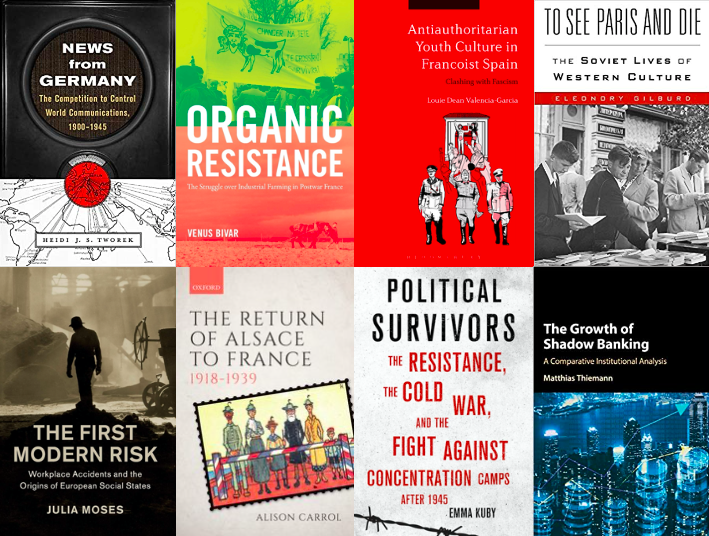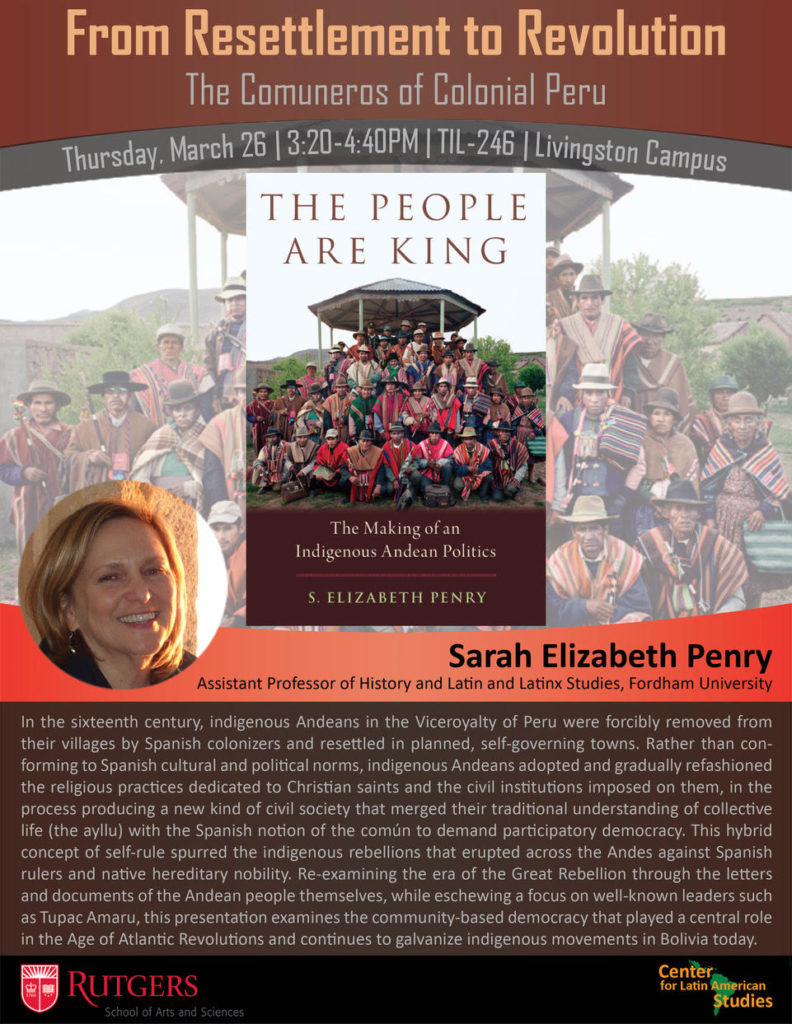Joergen Ostensen’s article, “Professor Exposes Students to Truths of African History,” is reproduced below:
The office of Nana Osei-Opare, assistant professor of history at Fordham University, is filled with books, and somewhere on the shelves, although not immediately at hand, he said there is a copy of “Long Walk to Freedom,” the autobiography Nelson Mandela wrote while imprisoned on Robben Island. In the book, Mandela explains his decision to abandon non-violence for the armed resistance to apartheid that made him a political prisoner for 27 years.
Mandela’s process of becoming a revolutionary is the kind of history Osei-Opare said he is trying to keep alive in his classes.
This year, his first at Fordham, he is teaching mostly freshmen, in a course called African History that fulfills the university’s Understanding Historical Change requirement. He said one of his main goals is to dispel the ahistorical narrative that social change is polite.
“I don’t recall slavery being ended because Clay, Webster and Calhoun got into a great deal and it ended,” he said. “No. I don’t physically remember this, but from what I’ve read, there was a war.”
Osei-Opare’s students are told to call him Professor O, according to Peter Wolffe, FCRH ’23, who took his class last semester. He said they read the works of revolutionary African figures like Franz Fanon, Steve Biko, Ruth First and Kwame Nkrumah.
While many of the authors on the syllabus were rebels against their governments, including First and Biko, who were killed by the South African state, Osei-Opare said he pushes back on being characterized as a radical historian.
“What is radical?” he asked. “Is radical just me saying what happened in history?”
For some of his students, the history he presents comes as a shock and a testament to the oversight of African history by America’s education system, said Rachel Lawson, FCRH ’23, who also took the class last semester.
“I didn’t even know there was a Nigerian civil war,” she said. “I didn’t know there was a Kenyan genocide.”
Osei-Opare said his goal is to force his students to confront the reality of colonialism.
“Our president, Father McShane, in our orientation, he told us we should make our students uncomfortable, uncomfortable with humanity and their place,” he said. “I think that’s what I’m trying to do, make people uncomfortable with what has happened.”
Lawson said she can still recall specific moments in class where she felt the trauma of the content. They learned about the brutal conditions in the Congolese work force, and she said one class they watched a documentary about the Congolese genocide.
“I don’t think I’ve ever felt that kind of horror before,” she said.
Osei-Opare was born in Ghana but grew up in South Africa before moving to Newark, New Jersey, for eighth grade and high school. He returns to Ghana every year for research and to visit his family. He said he tries to think from an internationalist perspective and encourages his students to do the same.
He also said he tries to help them make connections to the United States.
According to Osei-Opare, a major research focus of his is the relationship between the Soviet Union and the emergence of the Ghanian state. He said that throughout history, colonial powers tried to delegitimize African revolutionaries by saying Moscow was telling them they were oppressed.
He said this reminds him of the discourse about Russian interference in the 2016 election where Black Lives Matter content was promoted, according to the Washington Post, in what Osei-Opare said was an effort to dissuade black people from voting.
“(The liberal media were saying) oh, they’re pushing Black Lives Matter content, we have to be careful, this is divisive,” he said. “It went back to that early 1900s narrative that black people don’t know the cause of their own oppression and that it’s a foreign power telling them they are oppressed.”
He also said he asked his students to consider the difference between the reaction to the Bundy standoff, where white ranchers occupied land with guns, and the treatment of black groups like the Black Panther Party and the MOVE organization, whose Philadelphia compound was fire bombed by the Philadelphia Police Department in 1985, according to NPR.
Osei-Opare, who self-identifies as a pacifist, said Mandela’s political imprisonment speaks to the racism behind what society considers legitimate violence.
“Unfortunately there’s a racial and there’s an ideological bent to … how the state responds to it,” he said.
Osei-Opare said he believes there are political prisoners in the United States.
The Alliance for Global Justice lists former Black Panther and radio journalist Mumia Abu-Jamal, Leonard Peltier of the American Indian Movement and the Standing Rock water protector Red Fawn Fallis as political prisoners. As the Ram reported, local Black Lives Matter activists consider cop-watcher Ramsey Orta, who filmed the death of Eric Garner, to be a political prisoner as well.
Osei-Opare said the purpose of creating this kind of discourse is to challenge students to be self-critical.
“All I want you to do is rethink what you think you know and really critique it,” he said.
Included in the syllabus was founder of the South African Black Consciousness Movement Steve Biko’s essay about the detrimental role of white liberals to racial justice movements. Osei-Opare quoted Biko to illustrate his point.
“A man is on the ground, he’s kicked, and the person kicking the man is telling that man how to respond to that kick,” Osei-Opare said referring to Biko’s writing, before elaborating that Biko’s point is there is no right way to respond to the violence of colonialism.
Wolffe said reading Biko was particularly impactful to him.
“He talks about how the white liberal is a huge problem,” he said. “That hit home for me because it portrayed me very well. It’s like the person who does this work to feel morally right but is not really helping the situation.”
Osei-Opare also talked to his students about how being black affects him at Fordham. Lawson said she found this particularly impactful, especially a story he told about fearing to eat fried chicken at an event on campus because he did not want to be associated with the stereotype.
“He was like, ‘That shouldn’t be a thing that I thought,’” she said.
Lawson said she appreciated his willingness to intersperse the difficult content with lessons on the beauty of African cultures. She said before every class he would play a song from a different part of the continent.
“They were all fantastic, they were all bops,” she said. “So I actually downloaded a bunch of them.”
Wolffe said he is currently working on an independent study about the implicit and explicit manifestations of racism with Osei-Opare. He said this came about after frequently going to his office hours with one question and talking to him for an hour or more.
“It’s just so refreshing to have professors like that who genuinely care about their students,” he said. “Getting to work with him has just been amazing.”
Lawson, who is planning to double major in two sciences, said Osei-Opare’s lessons will stick with her because of his energy and passion for teaching.
“This African History class is the most influential class I’ve ever taken,” she said.


